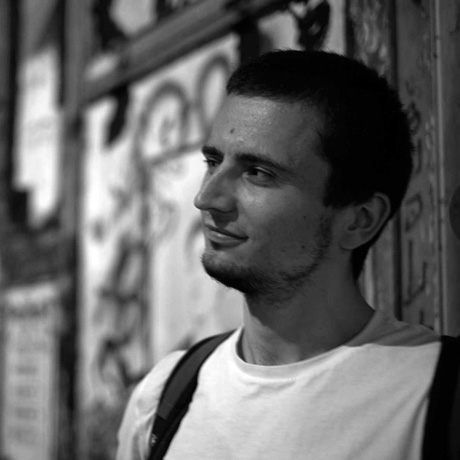Dr. Martin Dinov
Martin Dinov, Ph.D. is Cofounder of the AI startup Maaind and Cofounder of Hack the Senses.
At Maaind, they enhance human cognitive capacities and productivity through powerful AI and neuroscience-driven software. They focus on weaving together the best of machine and human capabilities, helping each complement the other.
Hack the Senses is a public engagement project supported by a Wellcome Trust People Award. They bring together thinkers and makers, researchers and hackers, artists and tinkerers to imagine and explore how technology can expand the scope of human sensory experiences. They prototype new sensory augmentation devices and invite everyone to ponder their meaning. They run talks, workshops, hackathons, exhibitions, and other activities.
Martin is a multi-domain hacker and a nomad who enjoys thinking about the universe and things in it from a computational perspective. He has done a lot of the technical design and especially the implementation of many of the experiences, which have involved different technologies (body tracking, VR, RFID and electronics, web stuff, and EEG).
His papers include Cascades and Cognitive State: Focused Attention Incurs Subcritical Dynamics and Novel modeling of task vs. rest brain state predictability using a dynamic time warping spectrum: comparisons and contrasts with other standard measures of brain dynamics.
Martin is interested in the computational and information-theoretic properties, limits and behaviors of different types of theoretical and real systems: automata theory, approximation theory, artificial and biological networks (e.g. social networks, gene-gene networks, protein-protein, neural networks). He likes theoretical computer science and artificial intelligence, mathematics, statistics and data analysis, and he tries to be a Bayesian inductive reasoner as much as practically possible in everyday life.
Martin earned his Master of Science (MSc) with Distinction in Bioinformatics at King’s College London, University of London in 2013. He is completed his Ph.D. in Computational and Experimental Neuroscience at Imperial College London in 2017.
Watch AI in the future of business. View his Facebook page and his Google Scholar Citations page. Read his AngelList profile, LinkedIn profile, and ResearchGate profile. Follow his X feed.
